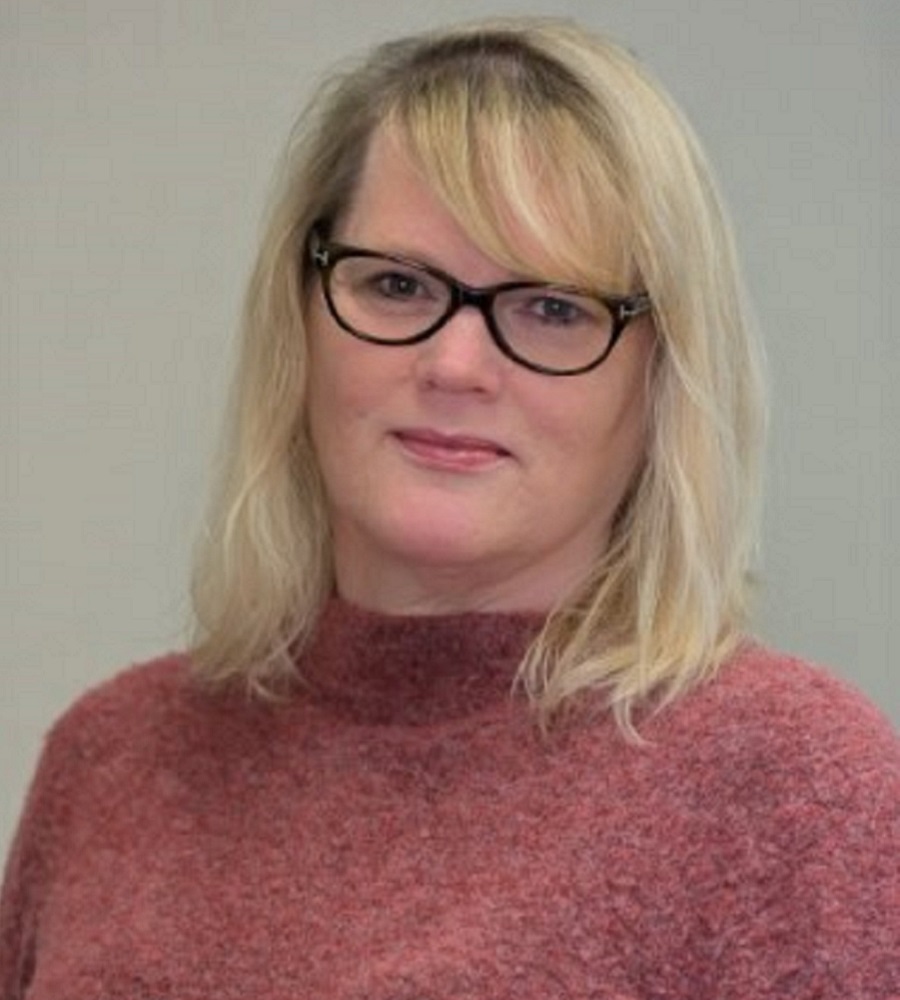Tiina K. Urv, Ph.D.
Program Director
Division of Rare Diseases Research Innovation
Contact Info

Biography
Tiina K. Urv, Ph.D., is the program director for the Rare Diseases Clinical Research Network (RDCRN), a multidisciplinary international program in NCATS' Division of Rare Diseases Research Innovation (DRDRI). As the lead for the RDCRN program, Tiina collaborates with 10 NIH Institutes to manage 22 consortia and a central Data Management Coordinating Center. The RDCRN has more than 200 participating sites in 17 countries and more than 100 Patient Advocacy Groups as research partners and conducts research on about 200 rare diseases. Before joining DRDRI, Urv was a program director in the Division of Clinical Innovation, where she provided stewardship for a portfolio of grants under the Clinical and Translational Science Awards (CTSA) Program and worked with the Trial Innovation Network as well as NCATS’ DRDRI.
Urv came to the National Institutes of Health (NIH) in October 2006, working as a program director at the Eunice Kennedy Shriver National Institute of Child Health and Human Development (NICHD) in the Intellectual and Developmental Disabilities Branch. Prior to joining NIH, she was an assistant professor at the University of Massachusetts Medical School’s Eunice Kennedy Shriver Center and a research scientist at the New York State Institute for Basic Research in Developmental Disabilities. At NICHD, Urv coordinated the Hunter Kelly Newborn Screening Research Program, chaired the trans-NIH Fragile X research program, and managed a diverse portfolio of basic, behavioral and bio-behavioral research related to developmental disabilities and rare diseases.
Urv is a developmental disabilities specialist with a Ph.D. from Columbia University. She earned her undergraduate degree from the University of Washington.
Research Topics
Prior to coming to NIH, Urv worked with children experiencing a variety of intellectual and developmental disabilities (IDD) and their families, including children with severe behavioral issues, deaf-blindness and other forms of IDD. Her research career focused on the behavioral aspects of aging and Alzheimer’s disease in adults with Down syndrome and developmental disabilities.
Selected Publications
-
Newborn Sequencing in Genomic Medicine and Public Health
-
Phenylketonuria Scientific Review Conference: state of the science and future research needs
-
Outcome measures for clinical trials in fragile X syndrome
-
Psychiatric symptoms in adults with Down syndrome and Alzheimer's disease
-
Carrier testing for spinal muscular atrophy


